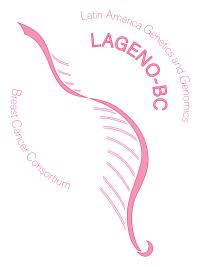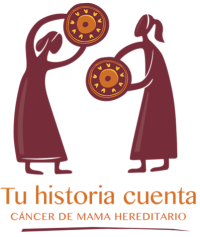- PEGEN-BC – Peruvian Genetics and Genomics of Breast Cancer Study
- Working together with Dr. Tatiana Vidaurre from the Instituto Nacional de Enfermedades Neoplásicas (INEN) in Lima, Peru, we have recruited ~2,000 women with a diagnosis of breast cancer into the PEGEN-BC study. Our overall goal is to contribute knowledge on genetic risk factors for breast cancer development and prognosis in women of Latin American. We also aim to learn about the molecular characteristics of tumors and test the association between germline variation and tumor characteristics. Ultimately, we hope to contribute knowledge that can be used for breast cancer prevention and treatment in all women.
- LAGENO-BC

The Latin American Genomics of Breast Cancer Consortium (LAGENO-BC) aims to build a large research resource of Latin American breast cancer cases and cancer-free controls including US Latinos as well as individuals from different countries. Initial specific aims of the consortium include: 1) to discover susceptibility loci and advance knowledge of etiology of breast cancer overall and by subtypes. 2) to develop polygenic risk scores and integrate them with known risk factors for personalized risk assessment for breast cancer overall and by subtypes. 3) to discover loci for breast cancer prognosis, long-term survival and response to treatment.
“Tu Historia Cuenta”

Dr. Fejerman and Ysabel Duron (Founder, Latino Cancer Institute) developed a program to educate women about hereditary breast cancer and to identify women that could benefit from genetic counseling and screening. The program includes 1) a booklet and an in-person community health educator training; 2) an educational video and scripted presentation and brochure for the community; and 3) a short survey to identify women with strong family history of breast/ovarian cancer. The program is being implemented in partnership with two organizations: Vision y Compromiso (Bay Area, Sacramento) and Promoters for Better Health (Los Angeles). Goals: 1) Change in understanding of hereditary breast cancer and perceptions about who needs genetic counseling (pre/post tests); and 2) identify women who qualify for genetic counseling and screening and/or women who are due for a mammogram.